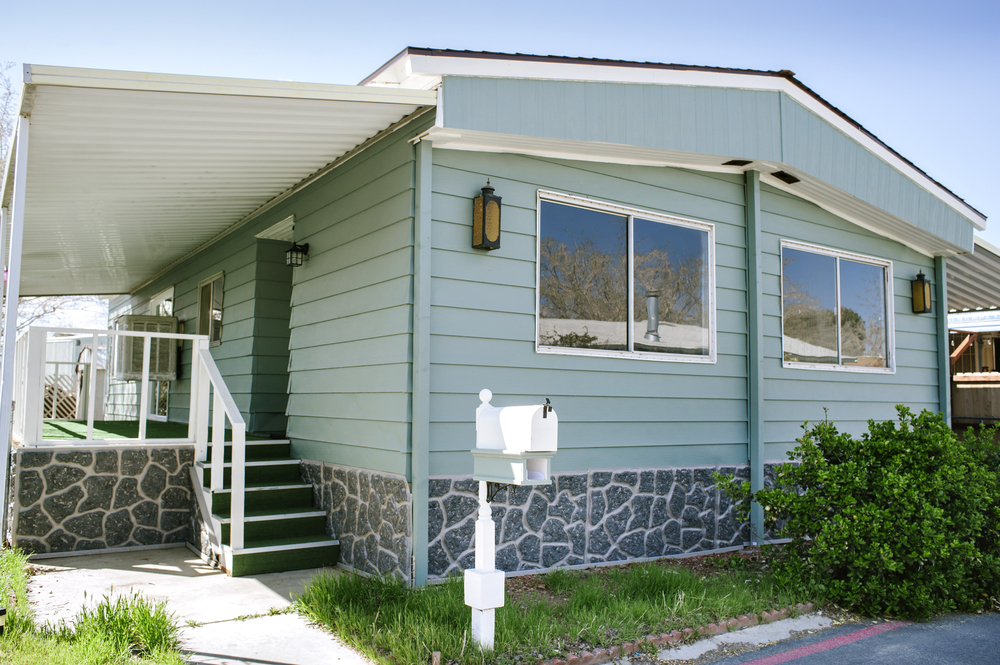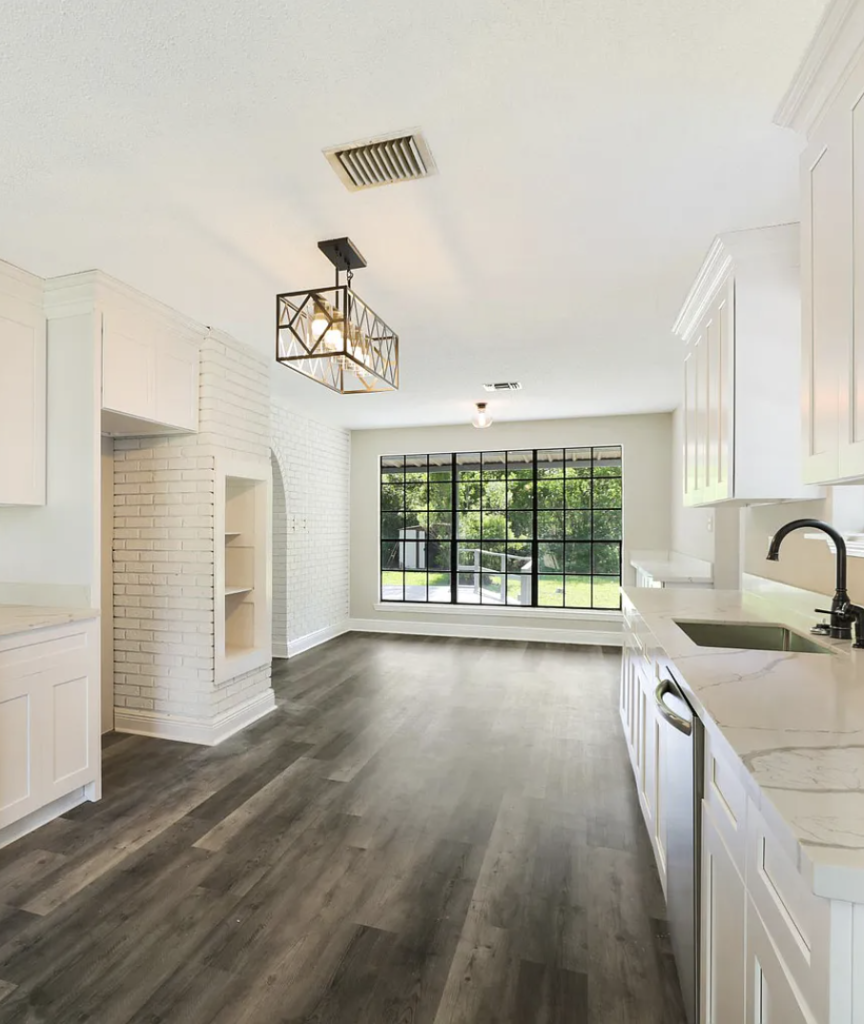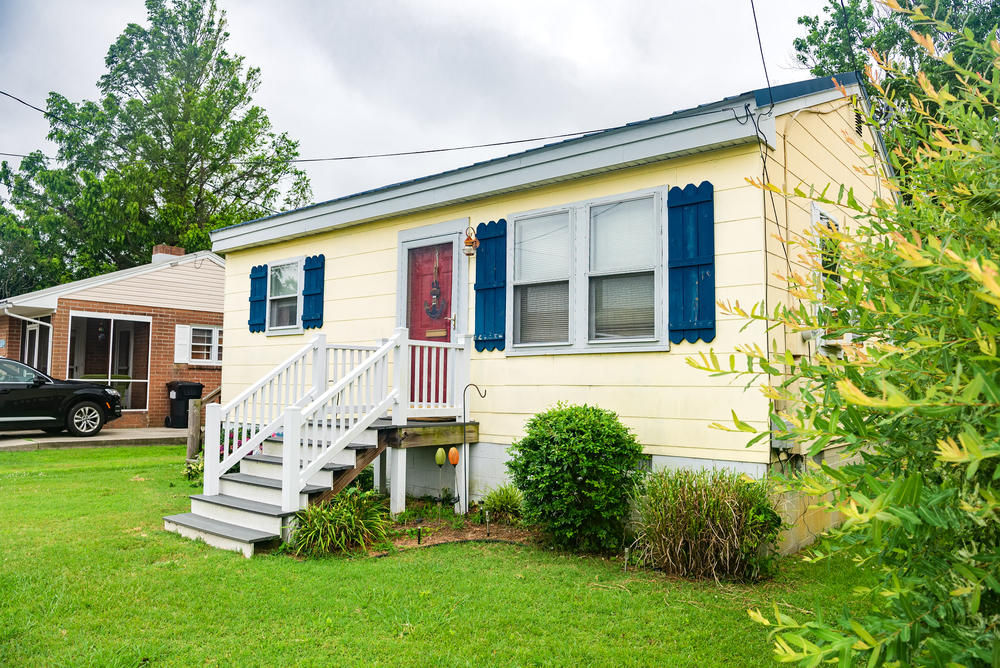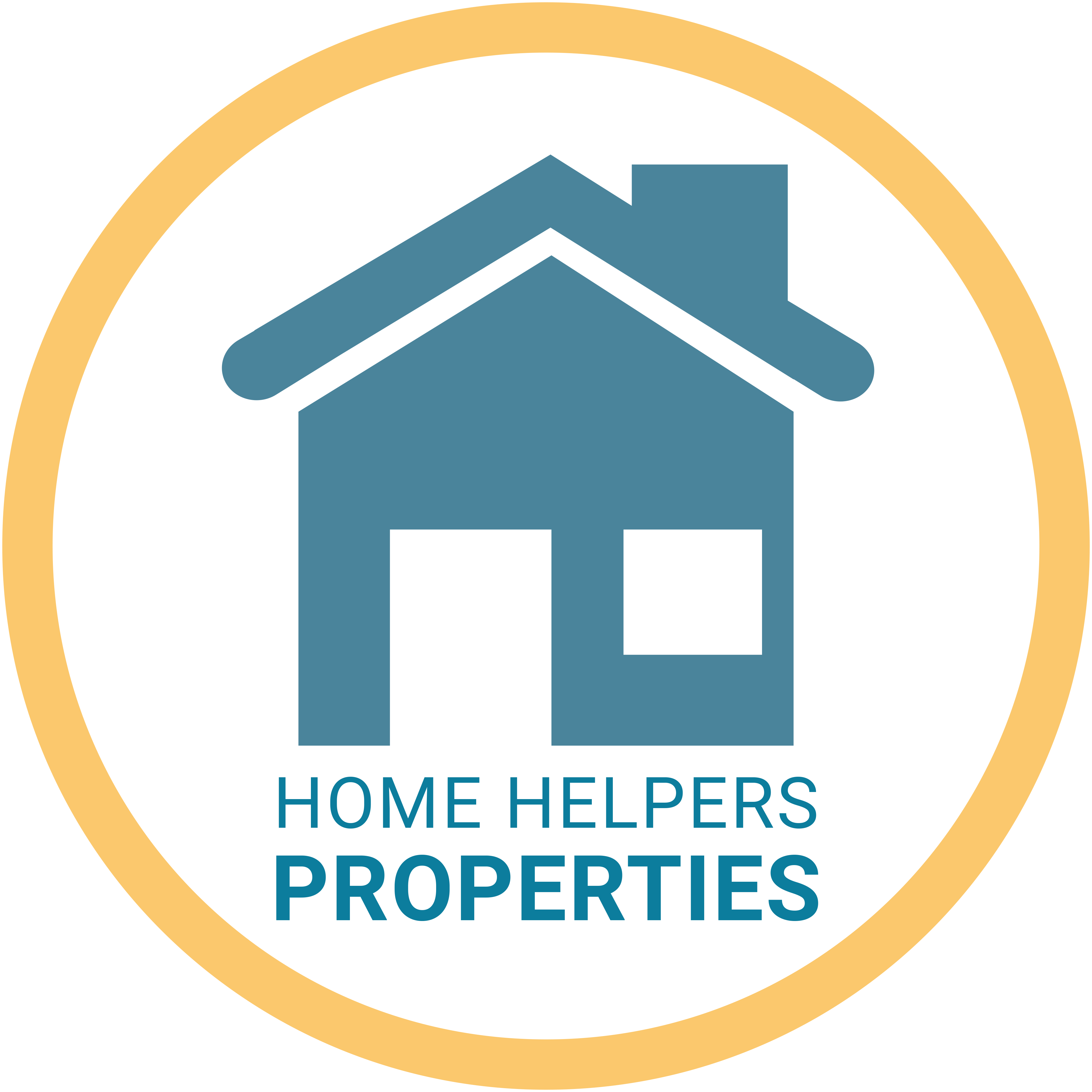Mobile and manufactured homes offer a path to homeownership for people concerned with the expenses and responsibilities of a traditional house. If that’s you, it is important to weigh the pros and cons of mobile homes before deciding. Take the time to learn whether a mobile home is a good investment, and how mobile homes compare to traditional homes.
About Mobile Homes
A mobile or manufactured home is a dwelling that is constructed in a factory and transported to a lot or property. They are “mobile” in the sense that homeowners can move them if they wish, though many mobile homes will remain in the same location for the duration of their existence. Some people refer to these types of homes as “trailers”.
The main types are single-wide, double-wide, and triple-wide. Single-wide mobile homes are easier to move with a single trailer. Double-wide and triple-wide homes offer more floor space but must arrive in multiple shipments for assembly on-site.
Owners may choose to station their mobile homes in parks with other mobile homeowners. In these circumstances, homeowners might own or rent the lot where they set up their home.
For investors, this offers two distinct possibilities: Renting lots to people who own their own mobile home, and owning the homes yourself, which you then rent out.
Why Do People Choose a Mobile Home as Investments?
For people looking for a house, the main reasons to decide on a mobile home instead of traditional housing have to do with cost. According to a U.S. New and World Report article, a new traditional home cost an average of $513,100 in the first quarter of 2024.
By comparison, the median cost of a new mobile home during the same period came in at $78,900. This lower financial barrier to homeownership is not only appealing to new home buyers on a budget, but also to those looking to own a rental property that turns a better profit.
Some potential buyers are attracted to the idea of being able to relocate their home if necessary. Or, they believe the upkeep costs are lower for mobile homes.
These are all compelling reasons to consider a mobile home but, as we will see, there is a bit more to the story.
What Is the Difference Between a Mobile Home and a Manufactured Home?

Although mobile homes and manufactured homes are often thought of as the same thing, there is a difference.
The Department of Housing and Urban Development (HUD) set standards for new manufactured homes on July 15, 1976, which followed the National Mobile Home Construction and Safety Act of 1974.
Homes built before this are now referred to as mobile homes, and were typically built on steel beams with trailer hitches for ease of movement.
Those built after the establishment of HUD federal standards are considered manufactured homes. They are built to more rigid specifications and may be placed on foundations.
Do Mobile Homes Have Good Resale Value?
Mobile homes rarely have good resale values. Depreciation is one of the main negatives of owning a mobile home. Where traditional homes typically go up in value—especially during favorable market conditions — your manufactured home will lose value.
All this means, if you intend to resell your mobile home, you may have a hard time recovering the costs you put into it. The small market for second-hand mobile homes, the difficulty in securing financing, and the general perception of manufactured homes as less sturdy and desirable all work against sellers.
Do manufactured homes make good investments? If you are concerned with the value of the home itself, no. While quality has improved over the past 50 years, manufactured homes don’t make very good investments because of depreciation.
Advantages of Traditional Homes vs. Mobile Homes
While manufactured homes may appeal to some people, there are clear advantages to owning a traditional home. These include:
Value
Traditional homes are long-term investments that have historically increased in value over time. This means a much better return on your investment if you decide to sell. And houses are generally much easier to sell compared to manufactured homes.
Build Quality
Houses are typically built to higher standards than mobile homes, which means fewer maintenance issues in the long run. They are also less likely to become damaged in severe weather because of their more robust builds, which can mean more favorable insurance policies.
Stability
Traditional homes are usually attached to a parcel of land. This means full ownership of your property, which increases your investment value and offers more stability compared to renting a lot in a mobile home park.
If you choose, you can add on to your house and significantly alter the landscape of your property. Both things are much harder to do on a small lot with a mobile home.
Efficiency
While mobile homes are often associated with lower costs, that’s not always so. Traditional homes that use high-quality materials have better insulation, which means lower heating and cooling costs. It also means a more comfortable living environment compared to a manufactured home.
Financing
Traditional homes are eligible for more financing options and often better terms. If cost is your concern, don’t assume you can’t purchase a traditional home, even if your credit isn’t the best.
At Home Helpers Properties, we specialize in finding homes for buyers with bad credit, and we can help you structure financing for a traditional home. We can even assist with the application by serving as mortgage loan helpers.

A Better Path to Home Ownership
If cost is a concern, you may be tempted to consider a manufactured home. However, because of depreciation and other factors, mobile and manufactured homes are not good investments.
If you are a veteran, you might consider using a VA loan to purchase a mobile home. However, it is better to partner with a company that helps veterans by paying all closing costs and setting them up in traditional homes with no money down and all expenses covered.
If you live In Louisiana, contact us at Home Helpers Properties. We’re known for our ability to structure the financing transaction, so most of the time a veteran is able to come to the closing table with nothing but their driver’s license and a pen.
Co-owner of Home Helpers Properties, Brian Mahon, who attended the former Pennsylvania Military Academy’s now Widener University in Chester, Pa., brags that for United States veterans, he will even supply the pen!


